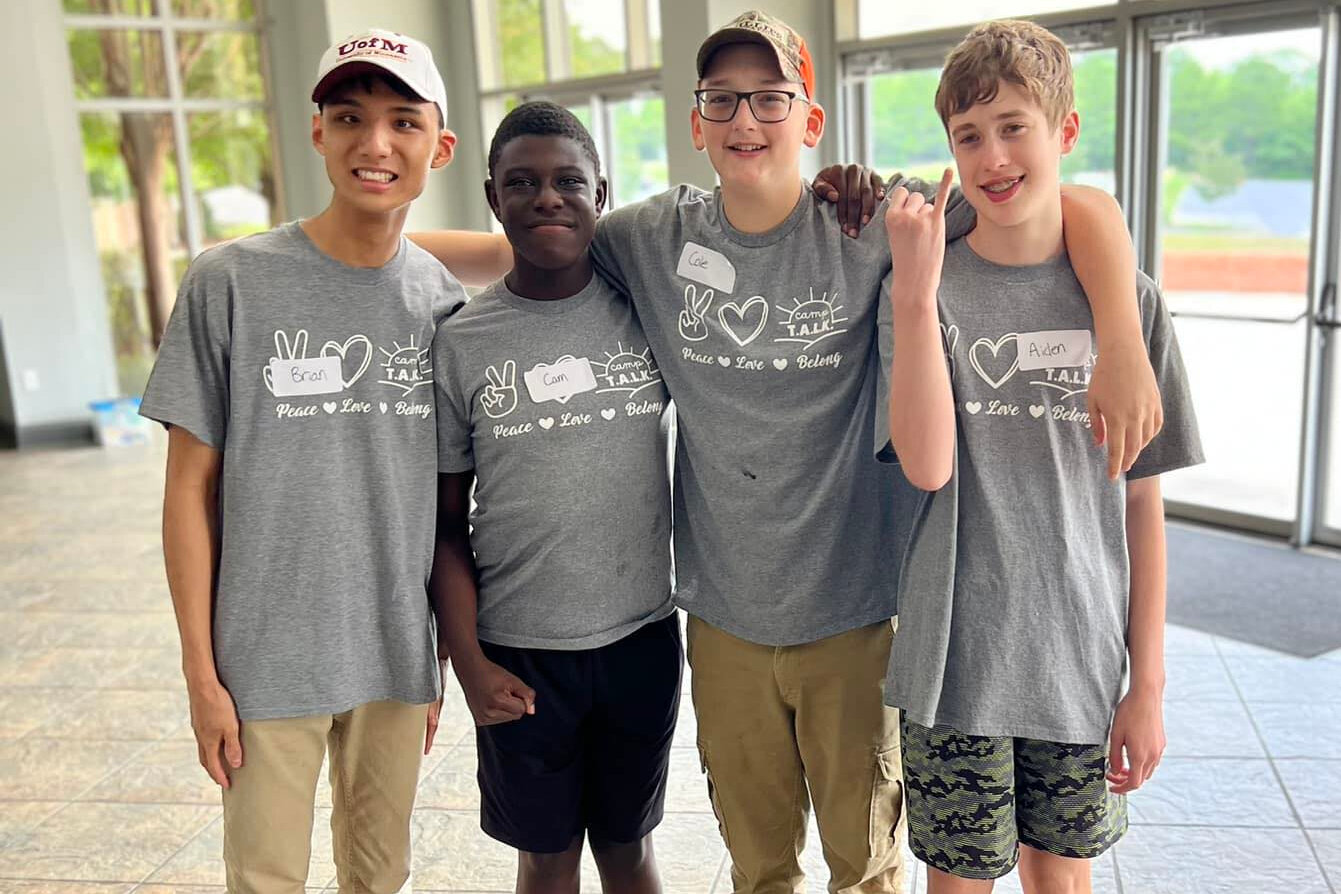Lexington County parents navigate lacking resources for neurodivergent children
South Carolina is a gem for those searching for resources to help with autism – but it’s only a gem in comparison to some of the worst states in the country.
This item is available in full to subscribers.
Subscribe to continue reading. Already a subscriber? Sign in
Get 50% of all subscriptions for a limited time. Subscribe today.
Please log in to continueNeed an account?
|
Lexington County parents navigate lacking resources for neurodivergent children
South Carolina is a gem for those searching for resources to help with autism – but it’s only a gem in comparison to some of the worst states in the country.
And while the state as a whole does offer some resources, Lexington County seems to be a desert for those who need childcare solutions that accommodate neurodivergent children.
Autism is a condition that is characterized by repetitive behaviors, challenges in social skill development and speech or nonverbal communication impairment.
According to a study conducted by the Centers for Disease Control and Prevention, Autism is prevalent in one out of 36 children.
The prevalence rate has only increased since the CDC’s last study was conducted in 2018, when the rate was reported at one out of 44 children.
The Palmetto State hasn’t seen an increase in resources despite an increase in prevalence, and this has left parents and caregivers struggling to find care for their children and loved ones.
Karissa Cockrell took matters into her own hands when she founded Camp Talk, a four-week summer camp for children ages 10 and up based out of West Columbia.
The nonprofit was founded in 2008 just as her neurodivergent son was preparing to graduate high school. Her inspiration for the camp was to create a space that she wished her son had the opportunity to attend.
“Camp Talk started because we didn't have our needs met,” Cockrell said. “It seemed like there were always therapy appointments and doctor's appointments, but there just weren’t things designed for him. This is meant to be a highly supervised safe setting. We tried to design what we needed for our son and though he's grown up, we're still doing it.”
Cockrell worked to accommodate 38 children at this year's camp. Most of them were from Lexington, but the roster included others who traveled from Newberry, Charleston and Orangeburg just to attend the twice-weekly camp.
“We have kids that have to come up from Charleston and from Charlotte,” Cockrell said. “They even come from Newberry and parents hang out in Lexington while their kids are with us.”
Cockrell had been forced to cap the camp at 25 children in the past, but this year the camp was able to grow because of an increase in volunteers.
“Our reason for keeping it kind of small is that everyone is a volunteer and if you get too many people in the area, well, it can get overwhelming for our individuals,” Cockrell said to the Chronicle.
Even though Cockrell was able to increase the number of children she accepted this year, Camp Talk had to turn away at least 22 others.
Emily Frohriep is an applied behavioral analysis therapist at Able Kids in Columbia, and she said they’re turning people away, too.
“Each clinic services 12 kids, so 36 kids at a time,” Frohriep said. “Between our three locations, we have over 130 kids on the waitlist. If I could split myself into five different people and service way more children while still providing that quality service, I would. I wish there was a way for me to have no waitlist.”
Frohriep and Cockrell cited funding and staffing troubles to be possible reasons for the lack of resources in the Midlands.
“I know that there are not a lot of options for families,” Frohriep said. “Not even just when it comes to ABA therapy, but for any type of support services for these families. Wait lists are years upon years long.”
ABA therapists earn just over $40,700 in South Carolina, according to ZipRecruiter, a number that is about $3,000 less than the nationwide average.
“We bill insurances and those reimbursement rates that are received from insurances can vary pretty greatly,” Frohriep said. “And a lot of insurances really don't reimburse at great rates. We're limited by how we can pay employees because so much is out of our control. Chick-fil-A or Target … they raise the cost of their goods to be able to pay their employees more, whereas we're not in control of that. We're at the mercy of what the insurance companies want to reimburse us for.”
But the lack of funding isn’t stopping anyone. Frohriep’s passion for providing care to neurodivergent children overrides the lack of finances in the field.
It’s about the “progress that you see these children making, you know, sometimes a mom just wants to hear their child say, ‘Mama,’ and you get to be a part of that and see the smile on mom's face when the kid looks at her and is like, ‘Hi mama,’” she said.
Despite the lack of resources, care providers in the counties of Lexington and Richland are embracing the small moments and caring for those they can reach.
“We've got kids who have outgrown us or who have gone on to college and they're still friends with their Talk friends that they came through with,” Cockrell said. “Parents will actually send me photographs of these boys that are still getting together, you know, on a regular basis to do things. It's been a sweet and fun way to connect with the community.”
Other items that may interest you







Comments
No comments on this item Please log in to comment by clicking here